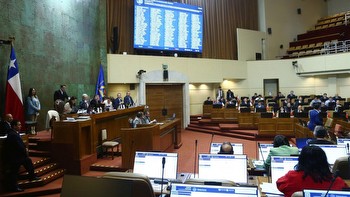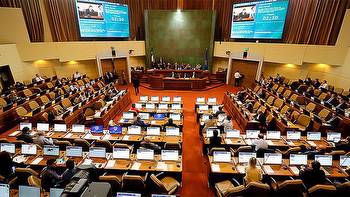Chile's Chamber of Deputies passes online gaming bill

The bill was approved by a large majority of the chamber. It aims to carve out a competitive online gaming market in the country, while protecting the health and safety of players.
If passed into law, the bill would give new powers to several Chilean regulatory bodies. These include the Superintendence of Casino Games (SCJ), the Commission for the Financial Market (CMF) and the Internal Revenue Service (SII).
The bill also proposes a National Policy on Responsible Gambling. The SCJ and Chile’s ministries of finance and health would participate in this policy.
Operators would have to pay a general licence fee of CLP64.2m (£58,147/€67,744/$74,189) to operate an individual online betting platform.
Online gaming will be taxed with VAT due to it being a digital entertainment service. This VAT system will allow operators to recover tax credits for expenditure including advertising and software.
How will GGR be split for online gambling in Chile?
The bill stipulated that online operators in Chile must allot 2% of their gross gaming revenue (GGR) to sport.
Of this, one third will go to the National Sports Institute, another third will go to the Chilean Olympic Committee and the final third will go to the Chilean Paralympic Committee.
Similarly to land-based venues, online operators must pay 20% tax to correct externalities. This is alongside the responsible gaming contribution rate, which is equivalent to 1% of an operator’s annual gross income.
Clamping down on illegal gambling
The bill text also outlines how illegal online gambling would be addressed in Chile. Advertisers must only broadcast advertising from, or promote, legal operators.
Those operating online gambling in Chile without permission are not allowed to have bank accounts registered in the country. Internet service providers must also block access to illegal platforms, and prevent the download of apps operated by illegal providers.
Banks will also have the power to block transactions made to illegal operators.
In March 2022, Chile’s government . This came after its ministry of finance announced plans to legalise online gaming in February 2021.



































